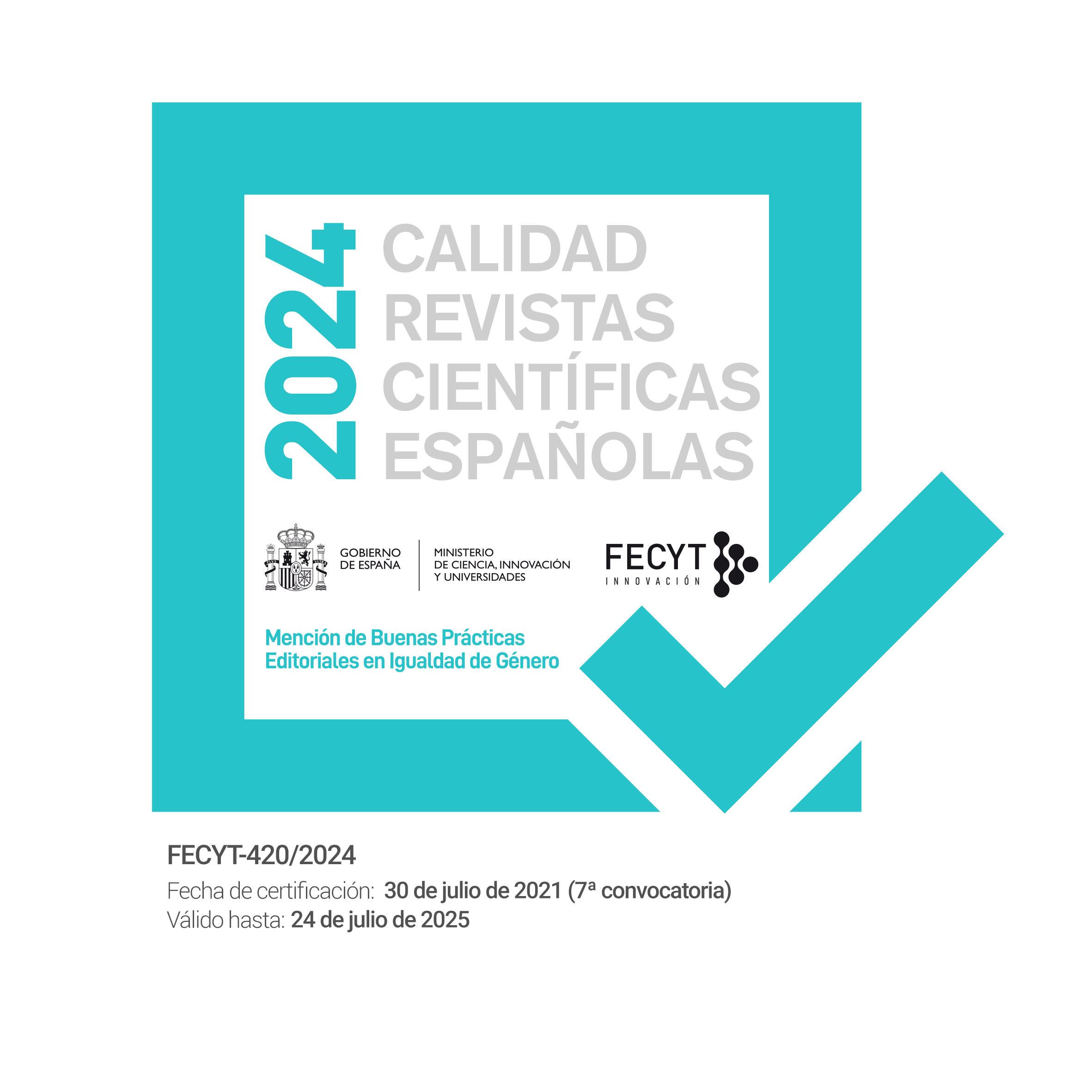The Digital Archive as an Object of Study to Understand Online Processes of Subjectivation
DOI:
https://doi.org/10.1344/452f.2020.23.5Keywords:
Humanities, subjectivity, digital culture, user, technicAbstract
In order to analyze the digital as an object of study it is necessary to establish a theoretical basis in the humanities, to understand the changes and reconfigurations that cultures, societies and the arts have experienced. As such, the aim of this article is to situate the concept of subjectivity in the context of the massive Internet connection and the use of electronic devices, to comprehend how it is possible in the digital. Thus, this thesis can be extrapolated to different conceptual frameworks, which are reconfigured under electronic and networked environments, and new information and communication technologies. This allows a critical study of the digital on a general level, comprehending a base of concepts that are needed to analyze the humanities and the arts in the digital cultures. A theoretical-conceptual framework is established, alongside examples of artistic works and real-life situations, so new points of view are added to literary and cultural theories. Likewise, this article will explore the issues present in the relations between users, artistic objects and new technologies.Downloads
Published
How to Cite
Issue
Section
License
All contents published in the journal are protected under a Creative Commons BY-NC-ND license. This corresponds to legislation within Spain, and does not allow commercial use of the texts. It is not possible to modify the contents either.
General information.
Comparative Literature magazine 452ºF [ISSN 2013-3294] is a publishing project coordinated by Asociación Cultural 452ºF, and developed by its Editorial board.
Access to the Contents and Copyright.
All contents published in the journal are protected under a Creative Commons BY-NC-ND license. This corresponds to legislation within Spain, and does not allow commercial use of the texts. It is not possible to modify the contents either.
Every person has free access to the contents of the journal as long as they understand and assume that no profit is to be made on other people’s work.
In all cases, the original source name of the online journal and the article must be mentioned when used for any purposes.
Basic Conditions of all Call for Papers.
- 1. The author accepts that sending the paper:
- a. Does not guarantee the publication of it.
- b. Is done in accordance to the style-sheet of the magazine and the requirements of the specific call for papers.
- c. Implies the non-exclusive transferring of the first publication rights of the paper, as long as it is selected to be published in the journal, to theAsociación Cultural 452ºF, under a Creative Commons BY-NC-ND license.
- 2. The journal 452ºF, in due respect to moral rights of a copyright, guarantees that:
- a. All papers will be evaluated according to the procedure already mentioned.
- b. All authors will receive either a positive or negative answer to their sending a paper for publication.
- c. All papers will be published unabridged. The journal might make changes in the typographical disposition according to the needs.
- d. All papers will be published under a Creative Commons BY-NC-ND license.




